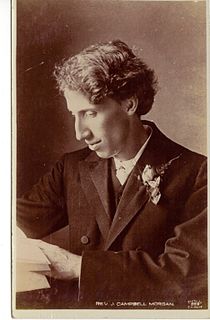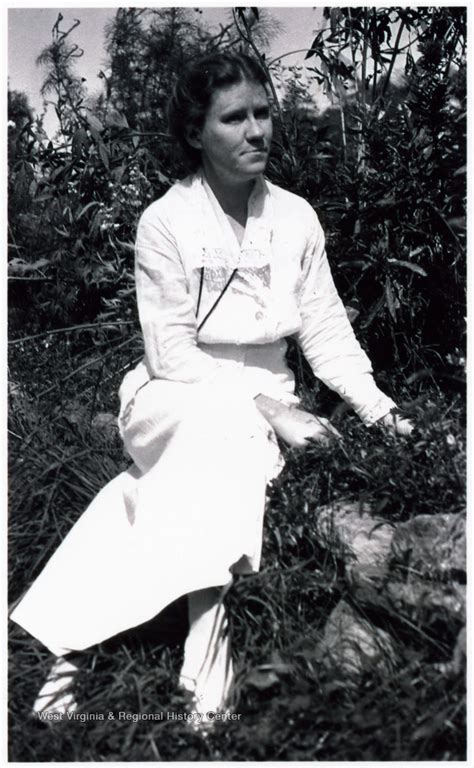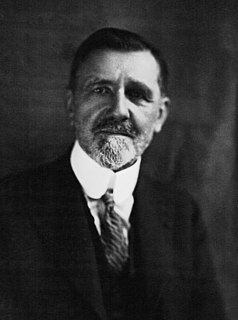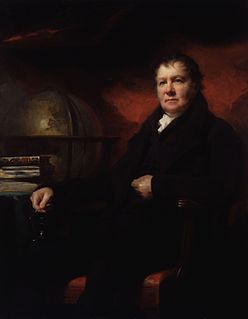A Quote by William Golding
It may be -- I hope it is -- redemption to guess and perhaps perceive that the universe, the hell which we see for all its beauty, vastness, majesty, is only part of a whole which is quite unimaginable.
Related Quotes
What we call music in our everyday language is only a miniature, which our intelligence has grasped from that music or harmony of the whole universe which is working behind everything, and which is the source and origin of nature. It is because of this that the wise of all ages have considered music to be a sacred art. For in music the seer can see the picture of the whole universe; and the wise can interpret the secret and nature of the working of the whole universe in the realm of music.
Aestheticism and radicalism must lead us to jettison reason, and to replace it by a desperate hope for political miracles. This irrational attitude which springs from intoxication with dreams of a beautiful world is what I call Romanticism. It may seek its heavenly city in the past or in the future; it may preach 'back to nature' or 'forward to a world of love and beauty'; but its appeal is always to our emotions rather than to reason. Even with the best intentions of making heaven on earth it only succeeds in making it a hell - that hell which man alone prepares for his fellow-men.
I come, O Lord, unto Thy sanctuary to see the life and food of my soul. As I hope in Thee, O Lord, inspire me with that confidence which brings me to Thy holy mountain. Permit me, Divine Jesus, to come closer to Thee, that my whole soul may do homage to the greatness of Thy majesty; that my heart, with its tenderest affections, may acknowledge Thine infinite love; that my memory may dwell on the admirable mysteries here renewed every day, and that the sacrifice of my whole being may accompany Thine.
Doubtless almost any intense emotion may open our 'inward eye' to the beauty of reality. Falling in love appears to do it for some people. The beauties of nature or the exhilaration of artistic creation does it for others. Probably any high experience may momentarily stretch our souls up on tiptoe, so that we catch a glimpse of that marvelous beauty which is always there, but which we are not often tall enough to perceive.
We live in succession, in division, in parts, in particles. Meantime within man is the soul of the whole; the wise silence; the universal beauty, to which every part and particle is equally related, the eternal ONE. And this deep power in which we exist and whose beatitude is all accessible to us, is not only self-sufficing and perfect in every hour, but the act of seeing and the thing seen, the seer and the spectacle, the subject and the object, are one. We see the world piece by piece, as the sun, the moon, the animal, the tree; but the whole, of which these are shining parts, is the soul.
It may seem rash indeed to draw conclusions valid for the whole universe from what we can see from the small corner to which we are confined. Who knows that the whole visible universe is not like a drop of water at the surface of the earth? Inhabitants of that drop of water, as small relative to it as we are relative to the Milky Way, could not possibly imagine that beside the drop of water there might be a piece of iron or a living tissue, in which the properties of matter are entirely different.
The Author of nature has not given laws to the universe, which, like the institutions of men, carry in themselves the elements of their own destruction; he has not permitted in his works any symptom of infancy or of old age, or any sign by which we may estimate either their future or their past duration. He may put an end, as he no doubt gave a beginning, to the present system at some determinate period of time; but we may rest assured, that this great catastrophe will not be brought about by the laws now existing, and that it is not indicated by any thing which we perceive.
You will want a book which contains not man's thoughts, but God's - not a book that may amuse you, but a book that can save you - not even a book that can instruct you, but a book on which you can venture an eternity - not only a book which can give relief to your spirit, but redemption to your soul - a book which contains salvation, and conveys it to you, one which shall at once be the Saviour's book and the sinner's.
Looking out of my window this lovely spring morning I see an azalea in full bloom. No, no! I do not see that; though that is the only way I can describe what I see. That is a proposition, a sentence, a fact; but what I perceive is not proposition, sentence, fact, but only an image which I make intelligible in part by means of a statement of fact. This statement is abstract; but what I see is concrete.






































